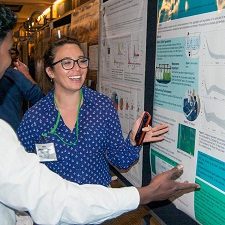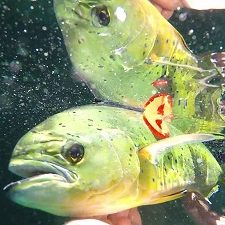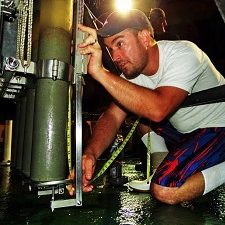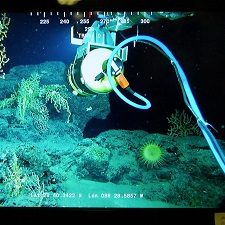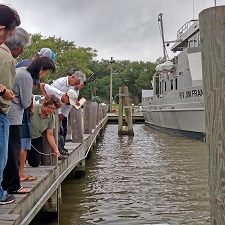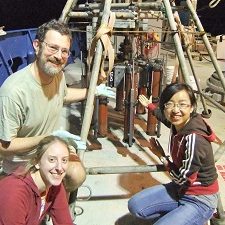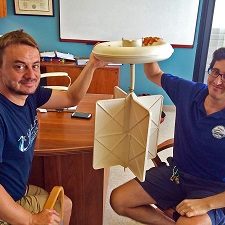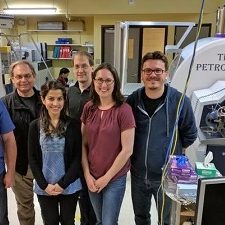Grad Student Morales-McDevitt Explores How Nutrients Influence Marine Snow Formation
Marine oil snow is the largest commuter of carbon to the seafloor and occurs when oil and marine particles aggregate and sink through the water column. Previous studies show that oil and dispersant significantly increased marine microorganisms’ production of exopolymeric substances (EPS), an extremely sticky goo that holds marine snow together. Maya Morales-McDevitt conducts mesocosm experiments investigating how certain naturally occurring nutrients influence EPS production and oil degradation.

